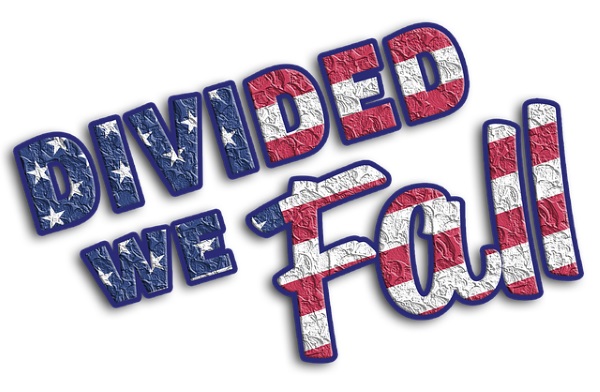April 15, 2019
To Keep the United States United!
Understanding the electoral college is easier if you learn more about it.
Here are excerpts of what our forefathers were thinking from Wiki United States Electoral College.
The Convention approved the Committee’s Electoral College proposal, with minor modifications, on September 6, 1787.
Delegates from states with smaller populations or limited land area such as Connecticut, New Jersey, and Maryland generally favored the Electoral College with some consideration for states.
At the compromise providing for a runoff among the top five candidates, the small states supposed that the House of Representatives with each state delegation casting one vote would decide most elections.
In The Federalist Papers, James Madison explained his views on the selection of the president and the Constitution. In Federalist No. 39, Madison argued the Constitution was designed to be a mixture of state-based and population-based government. Congress would have two houses: the state-based Senate and the population-based House of Representatives. Meanwhile, the president would be elected by a mixture of the two modes.
Alexander Hamilton in Federalist No. 68 laid out what he believed were the key advantages to the Electoral College.
The electors come directly from the people and them alone for that purpose only, and for that time only.
This avoided a party-run legislature, or a permanent body that could be influenced by foreign interests before each election.
Hamilton explained the election was to take place among all the states, so no corruption in any state could taint “the great body of the people” in their selection.
The choice was to be made by a majority of the Electoral College, as majority rule is critical to the principles of republican government. Hamilton argued that electors meeting in the state capitals were able to have information unavailable to the general public.
Hamilton also argued that since no federal officeholder could be an elector, none of the electors would be beholden to any presidential candidate.
Another consideration was the decision would be made without “tumult and disorder” as it would be a broad-based one made simultaneously in various locales where the decision-makers could deliberate reasonably, not in one place where decision-makers could be threatened or intimidated.
If the Electoral College did not achieve a decisive majority, then the House of Representatives was to choose the president from among the top five candidates, ensuring selection of a presiding officer administering the laws would have both ability and good character.
Hamilton was also concerned about somebody unqualified, but with a talent for “low intrigue, and the little arts of popularity” attaining high office.
Additionally, in the Federalist No. 10, James Madison argued against “an interested and overbearing majority” and the “mischiefs of faction” in an electoral system.
He defined a faction as “a number of citizens whether amounting to a majority or minority of the whole, who are united and actuated by some common impulse of passion, or of interest, adverse to the rights of other citizens, or to the permanent and aggregate interests of the community.”
What was then called republican government (i.e., representative democracy, as opposed to direct democracy) combined with the principles of federalism (with distribution of voter rights and separation of government powers) would countervail against factions.
Madison further postulated in the Federalist No. 10 that the greater the population and expanse of the Republic, the more difficulty factions would face in organizing due to such issues as sectionalism.
Although the United States Constitution refers to “Electors” and “electors”, neither the phrase “Electoral College” nor any other name is used to describe the electors collectively. It was not until the early 19th century the name “Electoral College” came into general usage as the collective designation for the electors selected to cast votes for president and vice president. The phrase was first written into federal law in 1845 and today the term appears in 3 U.S.C. § 4, in the section heading and in the text as “college of electors.”
God Bless, Be Peace and Be Well
Reverend Michael Banker
